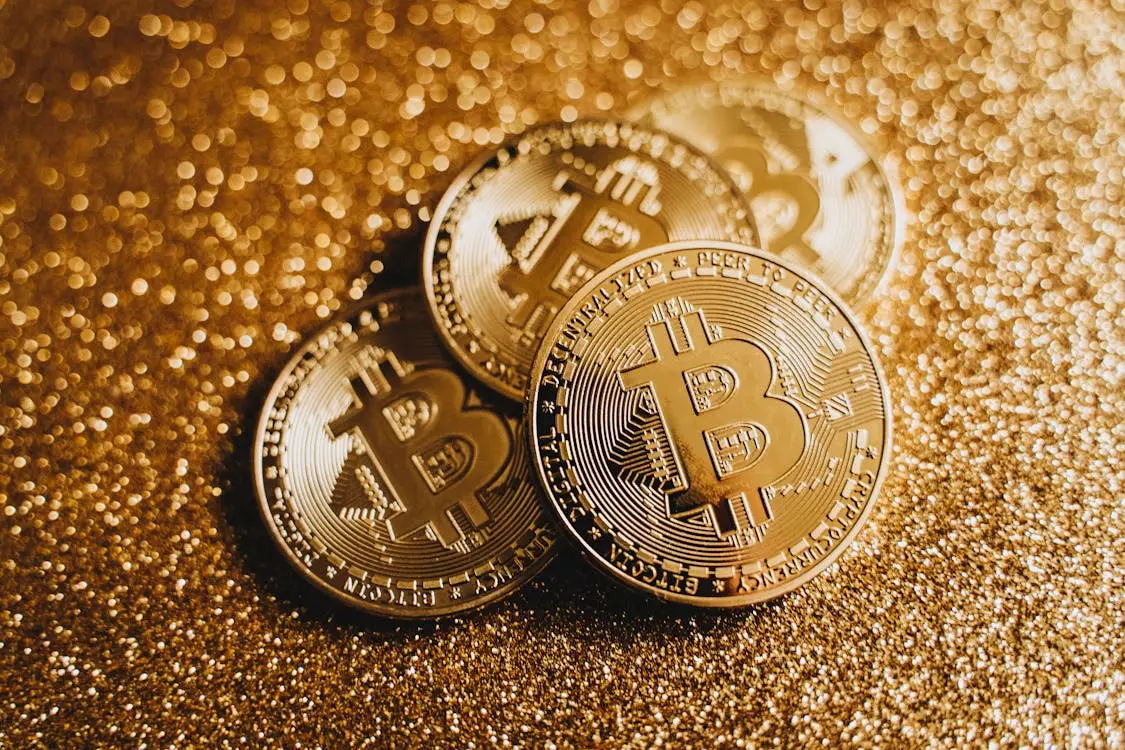The discourse surrounding Bitcoin and its role in contemporary finance has been amplified by recent insights from Matthew Sigel, the Head of Digital Assets Research at VanEck. Sigel’s perspective on Bitcoin positioning itself as a potential global monetary standard akin to gold reignites fascinating debates about the trajectory of global finance. As countries increasingly grapple with the emergence of digital currencies, discussions regarding the possibility of a U.S. Strategic Bitcoin Reserve are gaining momentum, with Sigel suggesting that an accumulation of around one million Bitcoin could redefine Bitcoin’s status as a currency.
Historically, nations accrued gold reserves to bolster their economic foundations and provide a financial safety net. Sigel draws parallels to this past practice, positing that the United States could emerge as a vanguard in this new era of finance through the establishment of a Bitcoin reserve. If accepted, this phenomenon could elevate Bitcoin from a speculative asset to a central financial instrument. With the previous gold standard serving as a touchstone, Bitcoin’s potential to create a “Digital Standard” could usher in an evolution in how monetary systems operate globally.
The comparison between Bitcoin and gold is not novel; however, it carries newfound significance amid swift developments in the financial landscape. Traditionally viewed as a safe haven, gold offers a stable value especially during times of economic distress. Yet, Bitcoin brings distinct advantages that diverge sharply from traditional modalities. As a digital asset, Bitcoin’s transactions are both swift and highly portable, minimizing the vulnerabilities faced by physical commodities such as gold.
Moreover, Bitcoin’s architecture assures its scarcity, capping its supply at a finite 21 million coins. This inherent limitation creates a unique value proposition for individuals seeking alternatives amid economic instability and surging inflation rates. Emerging economies, such as El Salvador, are already weaving Bitcoin into their financial fabrics, highlighting a significant shift towards recognizing cryptocurrency as a legitimate medium of exchange.
Despite Bitcoin’s merits, skepticism persists, primarily grounded in its volatility compared to gold’s stability. Critics assert that such price fluctuations undermine Bitcoin’s momentum as an exchange medium. This ongoing volatility evokes concerns that could restrict its widespread adoption, prompting rigorous discourse among economists and financial analysts. The feasibility of using Bitcoin as a daily currency remains debatable; its performance during economic upheaval will be crucial in influencing policy decisions across nations.
The divergence between traditional assets like gold and modern digital currencies underscores the complexities involved in transitioning towards a Bitcoin standard. For investors, it is paramount to weigh risks carefully, balancing the allure of decentralization and reduced governmental influence against the pitfalls of unpredictable price movements.
As we inch closer to realizing the full potential of Bitcoin in reshaping monetary policy, Sigel’s assertions resonate profoundly within the ongoing dialogues about the nature of money. Will Bitcoin ultimately coexist alongside gold as a viable alternative standard, or will it carve out its own unique path as the digital economy expands? The dynamic interplay between these assets may well determine the future landscape of money.
In a world increasingly inclined towards digital solutions, monitoring how Bitcoin adapts to the constantly evolving financial ecosystem will serve as a critical focal point. Should Bitcoin develop its identity as a sound monetary standard, it could catalyze a transformation in public trust towards digital currencies. Both supporters and skeptics are keenly watching the forthcoming developments in this arena, as the future of monetary systems hinges upon how effectively Bitcoin integrates with or evolves from traditional concepts of value.
Ultimately, the discussion surrounding Bitcoin is not solely a reflection of economic changes but is also an exploration of how society will define and interact with money in this new digital epoch.


Leave a Reply